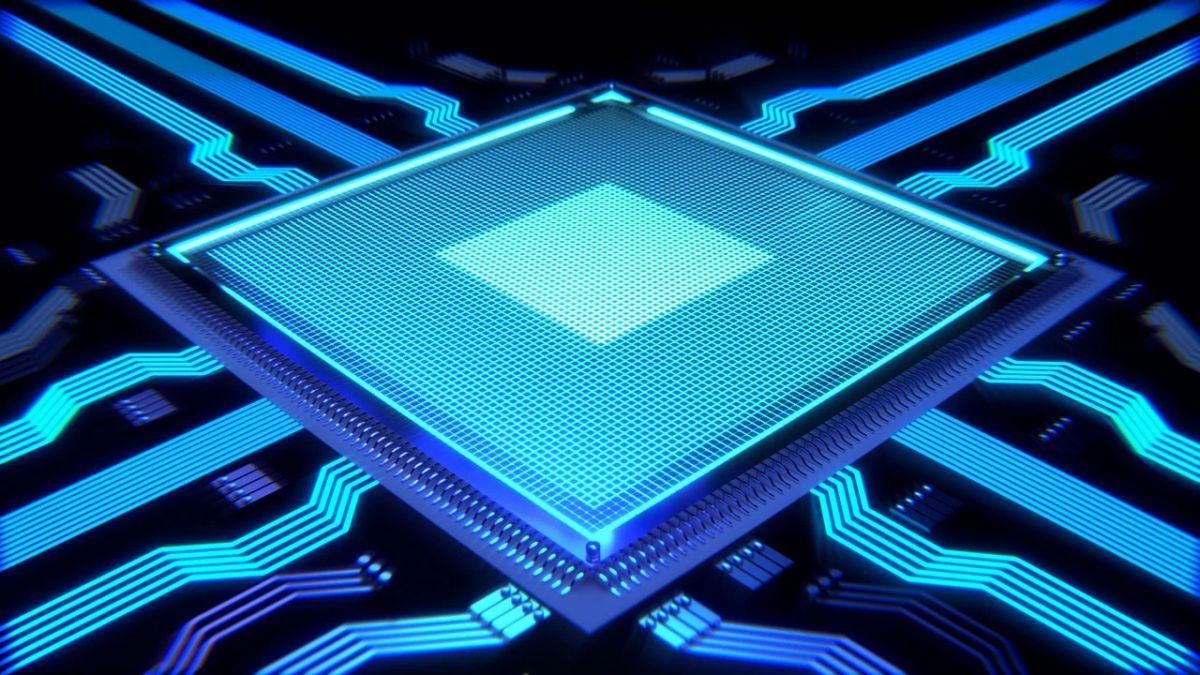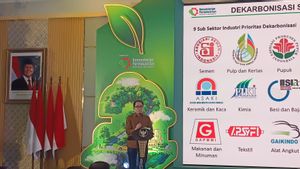JAKARTA - Samsung Electronics Co Ltd announced on Thursday, June 30 that it has started mass-producing chips with advanced 3-nanometer technology. This South Korean company is said to be the first to do so globally.
According to Samsung in a statement, compared with conventional 5-nanometer chips, the newly developed first-generation 3-nanometer process can reduce power consumption by up to 45%, as well as increase performance by 23%, and reduce area by up to 16%.
The South Korean company did not name clients for its latest foundry technology, which supplies made-to-order chips such as mobile processors and high-performance computing chips. But one analyst said Samsung itself and the Chinese company were expected to be among the early customers.
Taiwan Semiconductor Manufacturing Co (TSMC) is the world's most advanced foundry chip maker and controls about 54% of the global market for contract chip production, which is used by companies such as Apple and Qualcomm that do not have their own semiconductor facilities.
Samsung, coming in second with a 16.3% market share, according to data provider TrendForce, announced an investment plan of 171 trillion won (Rp 1,970 trillion) last year to overtake TSMC as the world's top logic chip maker by 2030.
"We will continue to actively innovate in the development of competitive technologies," said Siyoung Choi, Head of Foundry Business at Samsung.
Samsung Co-CEO Kyung Kye-hyun said earlier this year his foundry business would seek new clients in China, where they expect high market growth, as companies from automakers to equipment manufacturers scramble to secure capacity to address a persistent global chip shortage. -continues to happen.
While Samsung is the first to produce with the production of 3 nanometer chips, TSMC plans volume production of 2 nanometers by 2025.
According to analysts, Samsung is the market leader in memory chips, but has been beaten by TSMC, which is at the forefront of the more diversified foundry business, making it difficult to compete.
"Non-memory is different, too much variety," said Kim Yang-jae, an analyst at Daol Investment & Securities. "There are only two types of memory chips - DRAM and NAND Flash. You can concentrate on one thing, increase efficiency, and make a lot of it, but you can't do that with a thousand different non-memory chips."
Samsung's efforts to compete with industry leaders have also been hampered by less-than-expected yields from its older chips over the past year or so, analysts said. The company said in March that its operations had shown gradual improvements.
The English, Chinese, Japanese, Arabic, and French versions are automatically generated by the AI. So there may still be inaccuracies in translating, please always see Indonesian as our main language. (system supported by DigitalSiber.id)













